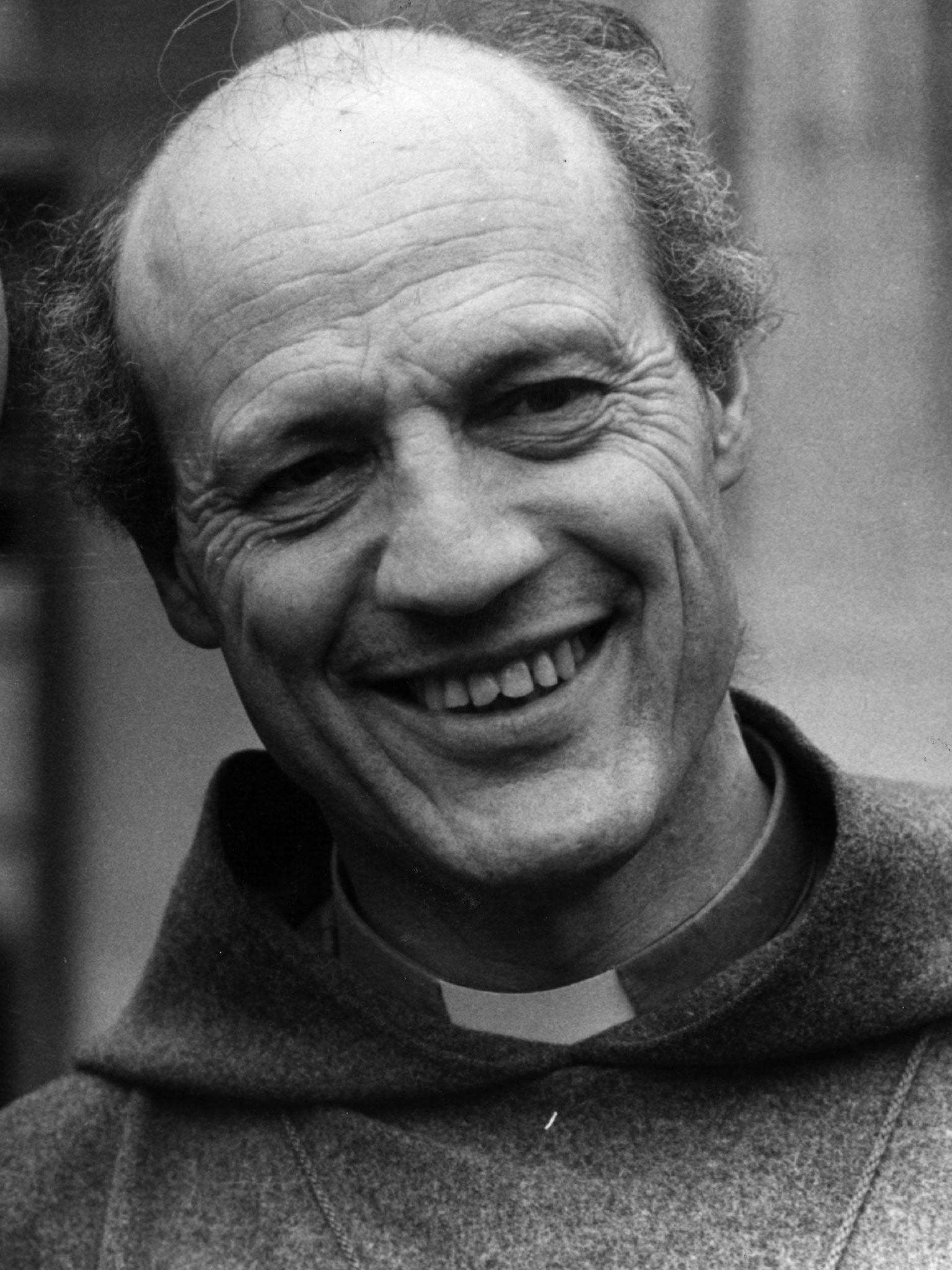Father Peter Ball: Was pride at the dark heart of this monk’s tale?
I’m trying to reconcile my memory of a quick, unpushy and witty man with the reality of a bullying paedophile

Your support helps us to tell the story
From reproductive rights to climate change to Big Tech, The Independent is on the ground when the story is developing. Whether it's investigating the financials of Elon Musk's pro-Trump PAC or producing our latest documentary, 'The A Word', which shines a light on the American women fighting for reproductive rights, we know how important it is to parse out the facts from the messaging.
At such a critical moment in US history, we need reporters on the ground. Your donation allows us to keep sending journalists to speak to both sides of the story.
The Independent is trusted by Americans across the entire political spectrum. And unlike many other quality news outlets, we choose not to lock Americans out of our reporting and analysis with paywalls. We believe quality journalism should be available to everyone, paid for by those who can afford it.
Your support makes all the difference.My boarding school used to be visited occasionally by a monk. No ordinary monk, though; he played squash with economic wiliness and preached witty, unstuffy sermons that were talked about in class all week. It was the 1970s, just a few years after Lindsay Anderson’s film If.... set the template for posh stroppiness. It was unthinkable that any self-respecting boy would find a monk charismatically cool. But we did.
He was known as Father Peter and I liked him enormously. I was in my study one afternoon, smoking roll-ups with friends, when there was a shy knock on the door and, to our surprise, there was Father Peter. Far from turning us in, he arranged his habit, lowered himself on to a cushion and chatted for about 10 minutes, then left. He was quick, unpushy and witty – driven, we all felt, by a simple desire to get to know us. He wondered, when I bumped into him the next day, whether I would like to spend some of the summer at his monastic order. I declined but two other boys joined and had, as far as I know, a wonderful time. A few years later, when Father Peter was appointed suffragan Bishop of Lewes, I thought it showed that the stuffy old Church of England had a bit of life in it.
Like thousands of others, including, it seems, a fair dollop of the Great and the Good, I have been trying to reconcile the memory of this charismatic monk with the new reality of a bullying paedophile. Was his charming smile more sly than shy? By turning down a visit to the order he founded with his brother in Gloucestershire, had I had a narrow escape?
I’m not alone in this. Since allegations of his paedophile crimes emerged in 1993, support for him has been extraordinary. Letters written by influential figures at the time may have helped him escape charges; more recently, special pleading has sought to reduce his sentence. Taken together, these factors point to a paradox.
For a humble man – described as gentle, saintly, loyal and (with an obscene lack of irony) “chaste” – Peter Ball seems to have been remarkably assiduous in buttering up people of influence. Conspiracy theorists will see a pre-emptive smokescreen, the saintly Bishop creating a barrier between himself and justice; but there may be a single factor that links both his dreadful crimes and this astonishing support: pride.
With hindsight, it’s easy to think that Father Peter saw himself as a bit of star. There’s a difference between wearing a habit out of humility and showing it off as a form of humble brag. He offered this humility to the high and mighty as a sort of gift by association and they, in turn, became proud of their links with him – too proud to see his flaws. He was clever and manipulative and, in the end, pride must have weakened the bonds that controlled his criminal urges to reveal a calculating, dominating paedophile.
But you could never have guessed.
Join our commenting forum
Join thought-provoking conversations, follow other Independent readers and see their replies
Comments